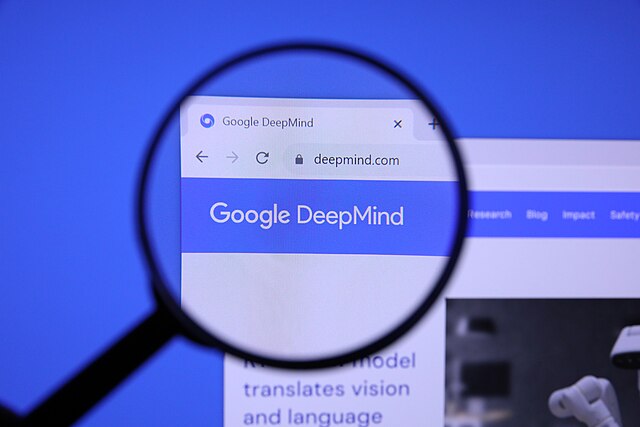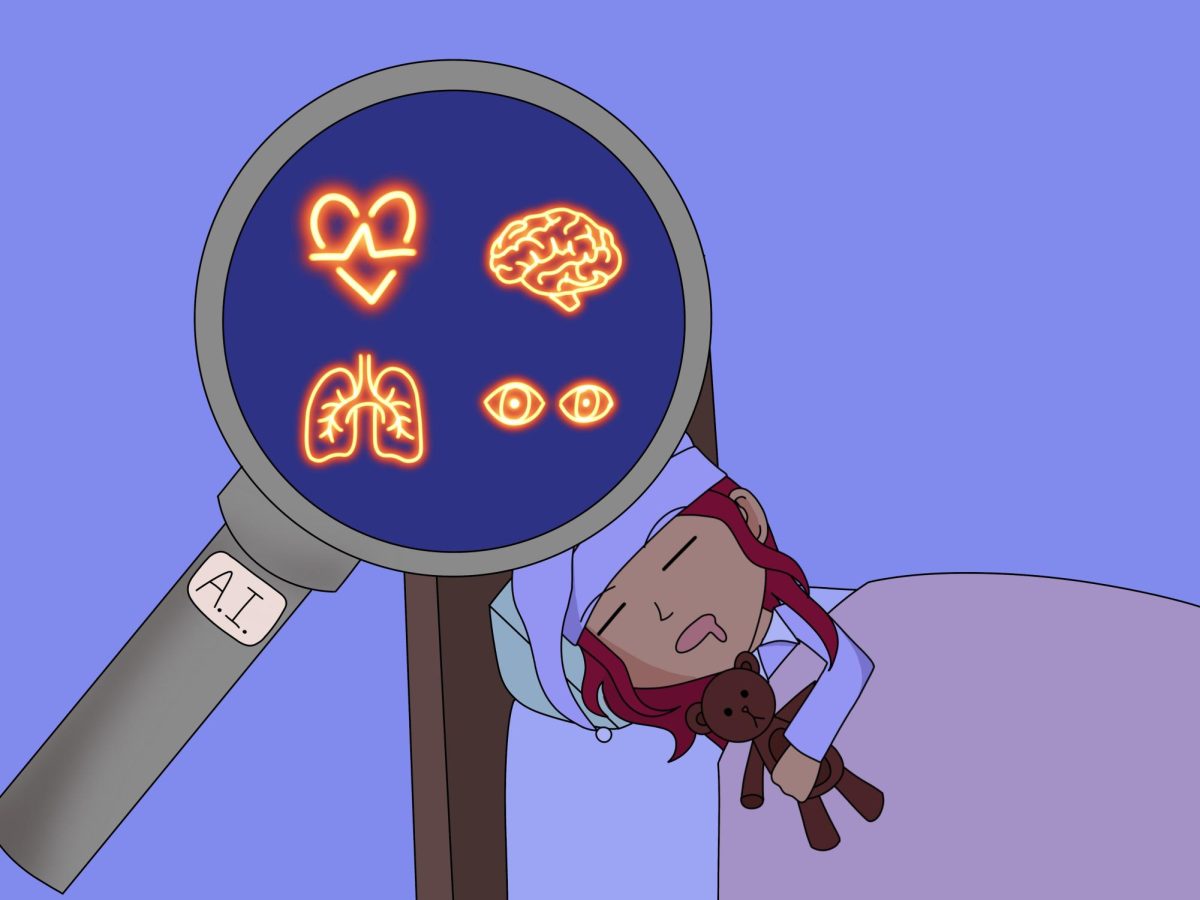With the rise of the digital age, technology has become a necessity for all ages and a staple in everyday life, but now scholars are skeptical of its negative impact on teen mental health.
A study conducted by the Association for Psychological Science has concluded that the use of technology provides a relatively small impact on teen mental health.
A common ridicule seen in teenagers deals with their “negative” association to technology, but the study wants people to pay closer attention to the actual impact that technology has on their mental health, which is not so negative after all.
“By subjecting the results from the first two studies to the highest methodological standards of testing, we aimed to shed further light on whether digital engagement has reliable, measurable, and substantial associations with the psychological well-being of young people,” Andrew Przybylski and Amy Orben, the authors of the study, reveal.
The authors of the study chose to explore this concept from a well-rounded standpoint, incorporating evidence from not only the United States, but also from the United Kingdom and Ireland.
With the rise of wearable technology and other devices, the ease of technology is becoming widely apparent. It is almost impossible to ignore the impact that technology is exerting on current and future generations.
The conflict does not lay in teenage use of technology, but in the information surrounding the impact of technology on teen mental health.
“As the influence of psychological science on policy and public opinion increases, so must our standards of evidence,” the study stated.
The study debunked the idea that technology acts as a negative factor on mental health and also reveals that teenage well-being remains, at most, unaffected.
This is sure to accentuate the idea of the digital age being something that is needed, so it is impossible to evade the idea of teenagers not using technology.
However, some conflicts are still seen with increased screen time — distractions.
Four in 10 teenagers report feeling anxious if they do not have their cell phones around them, according to a 2018 article from Pew Research Center.
While this does not seem drastic as of now, this may develop into a mental disorder that plagues social interaction in the future.
It is ideal for teenagers to set aside time during their day to focus on other forms of activity rather than scrolling through Instagram or checking their Twitter feed.
While it is also understandable why some parents should worry, they should concentrate on paying attention to the amount of time teenagers spend using technology and try to understand the cognitive impact that technology has on their child.
Most technology nowadays can be used toward educational and academic value, which would turn items like smartphones and tablets into helpful tools rather than unnecessary distractions.
This isn’t saying that teenagers should solely use their devices for informational purposes, but that they should take the time out and invest it in other ways rather than just as a source of entertainment.
The study informs its audience that it is not only up to the parents, but also up to the public to take this information as powerful.
It describes that the goal of the researchers is “to retain the influence and trust we often take for granted as a psychological research community, robust and transparent research practices will need to become the norm — not the exception.”
Sorry mom, an Apple product a day keeps the doctor away.








